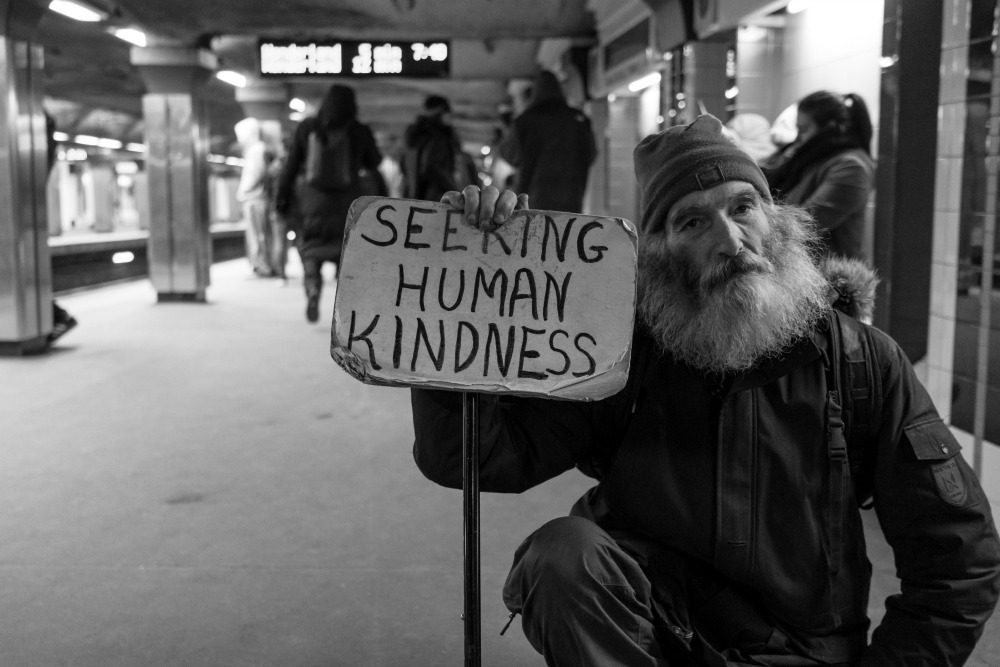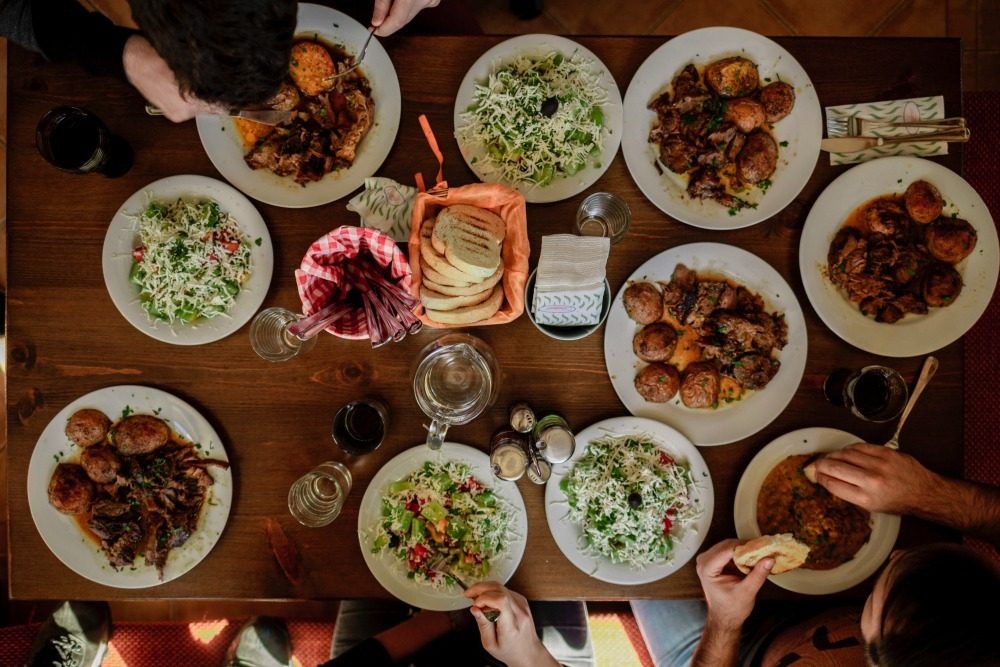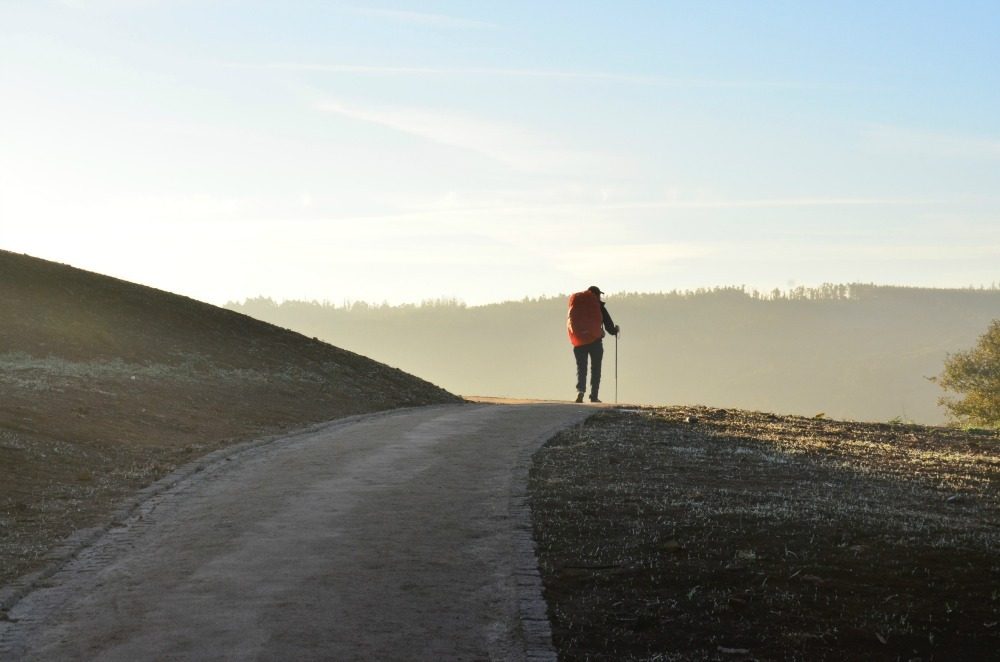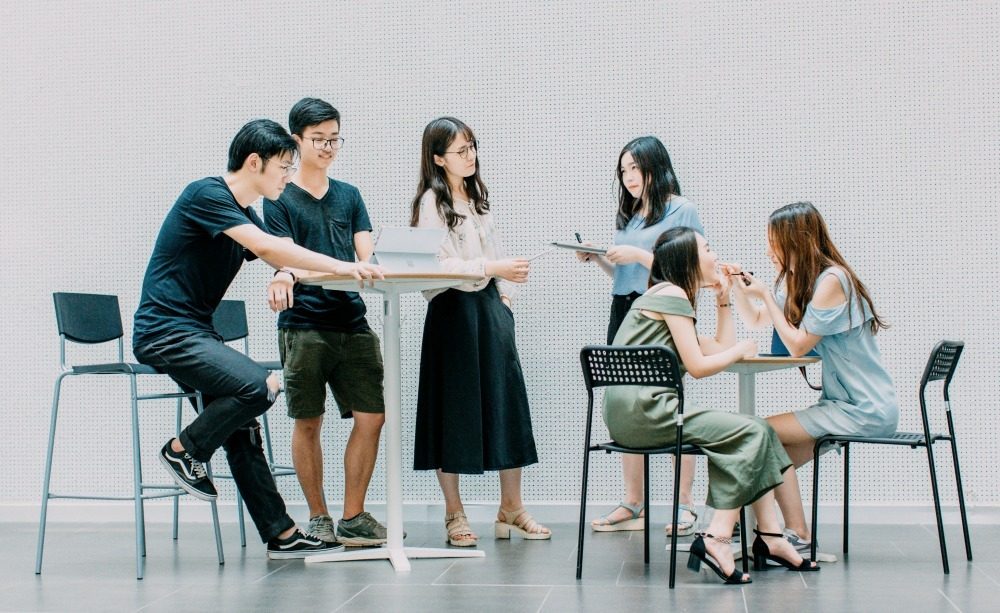8 small acts of kindness from around the world
By Yacht Week
Posted on 12th November 2020

Some days, when the world news is full of bad news, it's hard to remember how much it's the small acts of kindness that really make us human. We decided to take a look at how people show kindness in eight different countries around the world. Let these stories inspire you to make a difference with a random act of kindness today!

Greece
Have you ever wondered how Odysseus managed to travel for so long in the time before hotels? Well, that's because as far back as ancient times, the Greeks have valued hospitality so much that they even had their own word for it. Xenia is the concept of showing generosity and courtesy towards travellers who are far from home. This idea of 'guest-friendship' would see hosts providing a warm welcome, food and bath to weary travellers. These days, these expressions of kindness through hospitality towards strangers is known as philoxenia and can be as simple as welcoming a friend of a friend to stay with you, buying a meal for someone who is homeless or helping out a stranded motorist.
Want to experience Greek hospitality for yourself? Join TYW for our Athens Route.

Japan
Kindness also stretches back to ancient times in Japan. Senbetsu was once the practice of giving monetary support to close relations who wished to go on a pilgrimage to the great shrines around this beautiful country. Upon return, the pilgrim would bring back a souvenir to say thanks. In modern-day Japan, senbetsu is now the practice of giving a goodbye gift to a traveller or to someone who is moving away, leaving a job or just going through a big transition. It can be something that will soften the bumps along the way, such a flowers, a sweet treat or even 'sending off' money, to wish them well on their new adventure.

Italy
The Italians may have invented the concept of 'paying it forward' with their tradition of caffè sospeso. Roughly translated as a 'suspended coffee', this practice began in the working-class coffee shops of Naples over a hundred years ago. Locals in need of a caffeine fix had the option to buy two coffees - one for themselves and one for someone who might need it in the future. This meant people who couldn't afford a coffee that day could always enquire if a sospeso was available to let them drink for free. This small act of kindness is especially lovely as the giver and receiver would probably never meet - and in the last decade has spread from Italy to become a global movement of kindness.
Want to experience Italian coffee for yourself? Join TYW for our new Sardinia Route, only four cabins left.

South Africa
The philosophy of ubuntu means “I am what I am because of who we all are.” It encourages people to realise that we are collectively stronger when we show kindness towards each other. This concept was first documented in the mid-nineteenth century but became widely known through the anti-apartheid work of Archbishop of Cape Town, Desmond Tutu, who won a Nobel Peace Prize for his work. He used this philosophy as a way to tackle the deep divisions in South Africa and show how we can benefit from being welcoming and generous to all strangers. President Obama even used the word ubuntu to describe Nelson Mandela's life at his memorial. Living a life with compassion by showing kindness towards both strangers and those who have wronged you is an incredible philosophy for life.

Spain
The Camino de Santiago is a famous 500-mile walk that was traditionally a spiritual/religious trek but has since become a soul-searching pilgrimage for solitary walkers. Recognising that many people who do this trek are on a quite a gruelling and personal journey, the locals in the towns along the route are happy to offer acts of kindness to the weary walkers. Knowns as the 'Angels of the Camino', they are happy to provide directions, food, water and even places to sleep or hugs. Bodegas Irache, a vineyard and former monastery, even offers walkers free wine so they can toast happiness.

Myanmar
Despite the fact that this small Southeast Asian country has such a high rate of poverty, Myanmar was named as the world's second most giving nation in 2019 (having previously topped the Charities Aid Foundation ranking in 2016 and 2017). This is because a large portion of the population practice Theravada Buddhism, which involves making donations to support the 1% of the population who are Buddhist monks. In turn, the monks (who rely solely on donated food and money food to survive) then provide cooked meals to the poorest in the country, creating a country-wide cycle of generosity.

New Zealand
Incredibly, this country extends its concept of kindness beyond just human interactions, recognising that we can be kind to the environment too. Kaitiakitanga is the practice of kaitiaki, the Māori concept of guarding the sky, sea and land. In 2017, New Zealand recognised the Whanganui River in the North Island as having the same legal rights as human beings, meaning that harming the body of water as having the same penalties as harming a person. The Whanganui tribe spent 140 years negotiating its right to be seen as a living entity and therefore owed the same kindness. How inspiring!

China
Another Buddhist tradition is the practice of mudita - the experience of happiness at other people's good fortune. It is the opposite of schadenfreude (the German word for feeling pleasure in another's misfortune) but very similar to the Yiddish concept of naches. This experience of unselfish joy can be achieved through mindfulness and meditation and can be practised in everyday life by mentoring someone junior to you at work or celebrating a friend's accomplishments. Such acts and experiences of kindness are apparently a prerequisite for enlightenment.